Faculty receive grants to increase research, work in Worcester

Expanding educational opportunities for elementary- and high-school students. Studying what makes downtowns thrive and applying that knowledge to Worcester. Helping local organizations improve the housing and health care options for the city’s underserved populations. These are just some of the issues Clark faculty members will address thanks to a new grant program that aims to amplify community-based research and engagement.
The Faculty Urban Fellowship is the first initiative of the Collaborative for Community Engagement, which was formed to better coordinate efforts between Clark and the Worcester community that will serve city residents. The Collaborative is a partnership between the offices of Community Engagement and Volunteering, Government and Community Affairs, and the Dean of the College.
“Clark has a long history of engaging with the local community, but this work hasn’t always been as coordinated as it could have been,” says Joseph Corazzini, vice president of government and community affairs. “The Collaborative will build on the strengths of Clark’s community work to develop more robust systems for students, staff, and faculty to engage with the local community.”
The Urban Fellowship Grant provides financial support for faculty to conduct community-based research or projects with both students and area partners to support and benefit the local community.
“The Faculty Urban Fellowship is a great example of how Clark can use its resources to help faculty engage in deep and meaningful research, allow students to gain experience as research assistants, and offer strategic support to local partners,” says Evan Wilson, assistant dean of the college. “We’re excited to see the opportunities that will develop from this fellowship, which allows faculty and students to apply their skills and knowledge in real-world contexts.”
The inaugural Faculty Urban Fellowship Grants were given to 11 faculty members from biology, education, economics, sociology, geography, and sustainability and social justice.
Nathan Ahlgren, biology
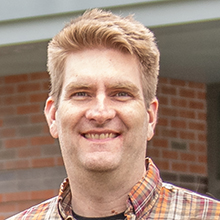 Professor Nathan Ahlgren’s project supports science learning for fifth graders at Columbus Park Preparatory Academy. With several community partners, Ahlgren and student volunteers run an Aquatic Sciences Day event at Coe’s Reservoir in Worcester, where students learn about aquatic ecology, watershed stewardship, and the scientific process via several hands-on activities. The grant will also support a field trip to Save the Bay in Providence, where students will learn about marine ecosystems via wetland exploration and an educational cruise.
Professor Nathan Ahlgren’s project supports science learning for fifth graders at Columbus Park Preparatory Academy. With several community partners, Ahlgren and student volunteers run an Aquatic Sciences Day event at Coe’s Reservoir in Worcester, where students learn about aquatic ecology, watershed stewardship, and the scientific process via several hands-on activities. The grant will also support a field trip to Save the Bay in Providence, where students will learn about marine ecosystems via wetland exploration and an educational cruise.
Cara Berg Powers, education
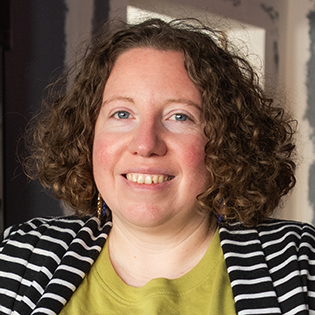
This summer, Professor Cara Berg Powers worked with the Worcester Community Media Foundation to support two Clark fellows who worked with four YouthWorks staff members to develop video projects about youth perspectives on community change and growth in Worcester. The videos will be screened for the community at the end of the summer. The fellows also led a two-week pilot program in interdisciplinary community media action for upper elementary school students, and are preparing a fall program based on the summer pilot.
David Cuberes, economics
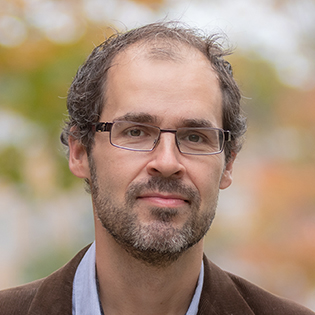
What makes downtowns thrive? Why is it that the downtowns of some U.S. cities are livable and friendly places and others are less inviting spaces? The goal of Professor David Cuberes’s project is to study the variables that bring vitality to downtowns and then learn about initiatives and policies that could be applied to Worcester. Cuberes and his student researchers are collecting data on factors including accessibility policies, city structures, ethnic diversity, income inequality, housing types, and geographic and climate features, among others. Using this data, they will construct a statistical model that predicts how livable downtowns depend on these variables.
Jack Delehanty, sociology
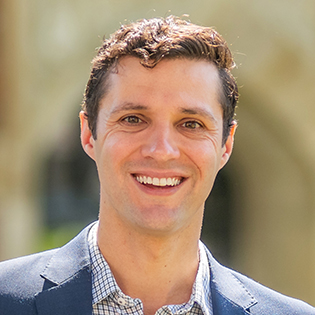
Since the mid-20th century, community organizing has thrived within religious congregations because it brings people together, provides shared values and visions, and generates leaders who can elevate people’s voices to influence civic life and politics. Today, however, fewer people than ever are members of organized religious groups, and religion can no longer provide the community connections or resources it once did to community organizing networks. Professor Jack Delehanty is partnering with Worcester Interfaith, a local community organization that has historically engaged people through religious congregations, to assess how it can develop leaders and build power for change in settings beyond religion.
Ellen Foley, sustainability and social justice
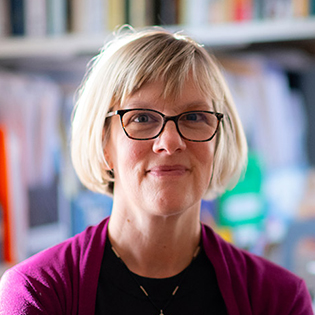
Professor Ellen Foley is partnering with AIDS Project Worcester (APW) to help them identify strengths and gaps in their current housing services. Housing stability is a key determinant of health, and APW would like to find ways to strengthen their housing support for people who are living with HIV and AIDS. This collaborative action research project, “Housing is Health Care,” will help the organization improve equity and access in its housing program. AIDS Project Worcester also will be the key partner organization for Foley’s First-Year Intensive course, Healthy Cities, which will teach new Clark students about community-engaged learning.
Jie Park, education
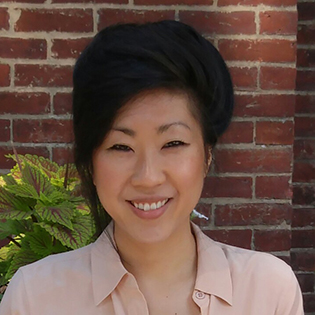
Professor Jie Park’s community-engaged participatory research project builds on a long-standing partnership between Clark University and Claremont Academy, which is currently in the implementation phase of its “Full-Impact, Wall-to-Wall Early College” program. Aimed at mitigating educational inequities, this ambitious program makes it possible for Claremont students to enroll in college-level courses and earn substantial college credits before high school graduation. Park is partnering with Claremont staff members to gather and analyze insights from Early College Program students and their families with the goal of revising existing academic supports and perhaps generating new ones.
John Rogan, geography
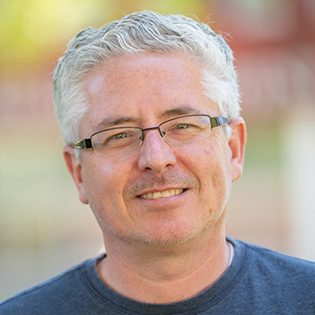
Professor John Rogan’s project, “Community Centered Education and Engagement at Clark University’s Hadwen Arboretum,” will leverage the University’s urban arboretum to establish a community-engaged learning opportunity in the Main South and Columbus Park neighborhoods and beyond, including the Worcester Technical High School Environmental Science Program. The project will involve creating an outdoor educational curriculum for K-12 students in Worcester that can serve a variety of programmatic needs. The formalization of the Hadwen Arboretum as an educational space will allow students to be trained and engaged in the principles of geography, biology, environmental science, and sustainability and social justice education.
Laurie Ross, sustainability and social justice
Rosalie Torres Stone, sociology
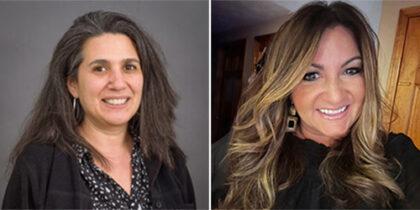
Professors Laurie Ross and Rosalie Torres Stone are completing a community assessment and implementation plan for Family Health Center’s Healthcare for the Homeless Program. This work will contribute to the Center’s decision-making about delivering health care and related services to unhoused individuals. As part of the project, Clark students completed a literature review, scanned services, interviewed key informants, and analyzed survey data. The assessment’s robust analysis and actionable recommendations will help decision-makers resist community opposition to solutions that address the health care needs of the unhoused population. This project will create the foundation for a longer-term partnership between Family Health Center and Clark.
Rinku Roy Chowdhury, geography
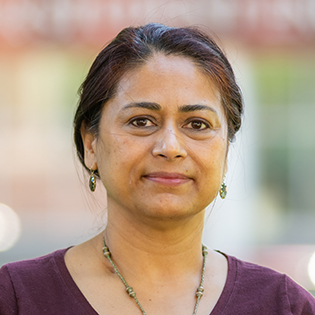
Professor Rinku Roy Chowdhury’s project involves a collaborative knowledge partnership with agri-conservation institutions in Worcester County. Agroecological systems worldwide face mounting challenges from climate, land use, and economic/policy change; the number and total acreage of farms in Massachusetts have declined by almost a factor of ten over the past decade. Over 90% of farms in Worcester County are small farms under 50 acres and are attempting various land management and economic strategies to build greater resiliency. This project, which will integrate Clark students through project-based learning and contribute to proposed University programs in food studies, explores the regional diversity of farmers’ agroecological management strategies, their climate perceptions, and their market and policy contexts.
Jennifer M. Safford-Farquharson, sustainability and social justice
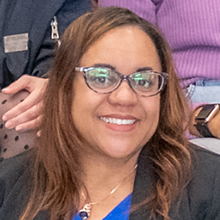
The Collaborative for Youth and Community Justice (CYCJ) is a women-led organization that began in 2012 through the efforts of Professor Laurie Ross, director of the Department of Sustainability and Social Justice, and Jennifer Safford, special projects coordinator and adjunct faculty. Community groups have frequently approached CYCJ for assistance and support, and this grant enhances the organization’s capacity to promote data equity by supporting collaboration between community partners and student research assistants to provide community-initiated research, assessment, and evaluation.


